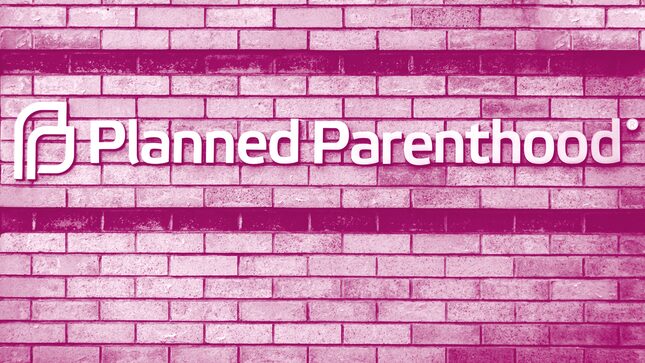How an Ousted CEO Built a Culture of 'Covert Racism' and Fear at Planned Parenthood's Largest Affiliate
Latest
Graphic: Elena Scotti (Photos: Getty Images)
When Michelle Adams began working in January of 2017 as the customer service manager at Planned Parenthood’s Brooklyn health clinic, she was excited to work at an organization that served largely women of color, and in particular Black women like herself.
“Everyone was mission-driven, there was a sense of trust,” Adams said of her first several months on the job, a period that happened to coincide with the end of CEO Joan Malin’s tenure. But Malin left in 2017, and when Laura McQuade, the former head of Planned Parenthood Great Plains, became the new CEO of Planned Parenthood of New York City, Adams quickly felt a shift in the organization’s culture. Part of it stemmed from a promotion that required Adams to move from the Brooklyn clinic, which was largely staffed by people of color, to the organization’s administrative office—a “largely white space,” as she put it. “People of color are at the frontlines, but as you go through the ranks, it becomes whitewashed,” Adams said. (Planned Parenthood New York City is now Planned Parenthood Greater New York, after a recent merger with several other state affiliates.)
But Adams pinned most of the blame on McQuade, who instituted what she described as a toxic “mean girl” culture and an environment suffused with “covert racism.”
On Tuesday, the board of Planned Parenthood Greater New York announced that they had “parted ways” with McQuade, news that came after a largely internal staff organizing effort spilled out into the public. Staff concerns against McQuade included accusations of racism and bullying, as well as charges that she had instituted a revenue-driven, assembly-line approach to PPGNY clinics–one that put patients, and in particular Black and other patients of color, at potential risk. McQuade’s ouster has led to a further reckoning at Planned Parenthood, a purportedly progressive organization, about who is valued and what work is prioritized, and why the toxic leadership of McQuade was allowed to continue for so long. In response to Jezebel’s request for comment, McQuade referred us to her interview in the New York Times, in which she denied the allegations made against her, adding that “this is not the time to refute them.”
But according to the accounts of numerous current and former staff, that’s clearly not the case.
“Don’t go against her, don’t challenge her publicly, I can’t protect you.”
In Adams’s new role as director of clinical administration, she was often the only person of color present in meetings with McQuade and other higher-level staff. And what Adams observed of McQuade’s work style alarmed her. “These are women who are highly educated in these meetings, and they are cowering at the sight of this person,” Adams told me. “She would cut people off by slicing her throat. It’s the feeling like, if I don’t tap dance correctly, it’s off with my head.” Kate Steinle, most recently PPGNY’s Associate Vice President of Clinical Implementation, said McQuade often berated her colleagues in public spaces and meetings. Among Steinle’s colleagues, she said, “there was this sense of doom.” Adams’s supervisor had felt the need to warn Adams about McQuade, telling her, as she recalled, “Don’t go against her, don’t challenge her publicly, I can’t protect you.”
Equally alarming to Adams were the ideas that McQuade pushed in meetings: she suggested pushing Pre-Exposure Prophylaxis medication, or PrEP, on people during their abortion procedures, a move she believed McQuade embraced less out of concern for the health of their largely Black and Latinx clients than out of an eagerness to claim their affiliate was leading the way for women of color to use PrEP. McQuade also floated an initiative to encourage the use of long-term contraceptives, like IUDs, in schools whose students were largely Black and Latinx. Adams described McQuade’s initiative as “white saviorism.” “You’re talking about public schools where black and brown children are because they’re so hypersexual and need to be controlled?” Adams said. “It’s a direct link to the history of forced sterilization.”
Concerns about McQuade’s allegedly abusive behavior became so widespread that the board hired an outside law firm to investigate her conduct, according to internal emails viewed by Jezebel.
-

-

-

-

-

-

-

-

-

-

-

-

-

-

-

-

-

-

-

-

-

-

-

-

-

-

-

-

-

-

-

-

-

-

-

-

-

-

-

-








































